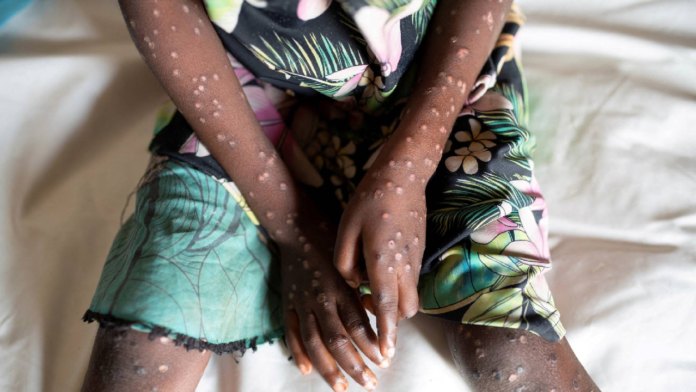Dr Gabriel Adakole, a public health expert, has warned that stigma and misinformation could significantly hinder the country’s response efforts against mpox.
Adakole said this in an interview with newsmen on Monday in Abuja.
He stated that as Nigeria grappled with rising cases of mpox, formerly known as monkeypox, more proactive and intentional efforts needed to be directed toward its eradication.
He said that the World Health Organisation WHO) and the Nigerian Centre for Disease Control (NCDC) have stressed the importance of early detection and treatment.
The expert, however, said that the social stigma associated with the disease could create barriers to effective intervention if not checked.
According to him, recent data from the NCDC indicate a surge in mpox cases, particularly in urban centres like Lagos, Abuja, and Port Harcourt.
Adakole expressed concern that the stigma surrounding the disease might prevent those infected from seeking timely medical care.
He said that this stigma stemmed from misconceptions about the disease’s transmission, with many people falsely associating it with certain communities or lifestyles.
“Stigmatisation not only causes psychological harm to those affected but also drives the disease underground, making it harder to control.
“Moreover, it may cause delays in contact tracing and isolation measures, increasing the risk of widespread transmission.
“We need to create a supportive environment where people feel safe to come forward for testing and treatment without fear of being judged,” he said.
He advised that reluctance to seek medical care due to fear of discrimination could lead to underreporting of cases, making it difficult for healthcare authorities to assess the true scale of the outbreak.



